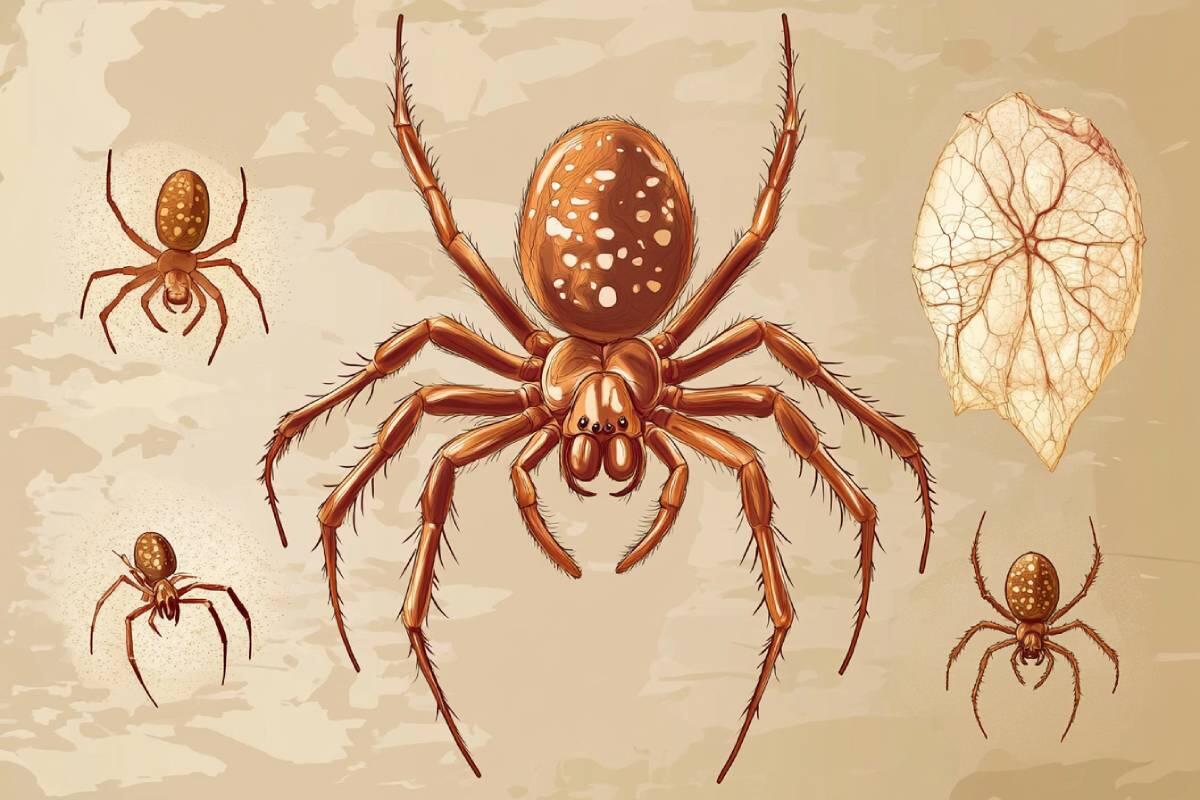Brown Recluse Spider Bite: Immediate Steps to Take
A brown recluse spider bite can be a cause for serious concern, as its venom has the potential to cause severe symptoms and complications. Knowing the immediate steps to take and when to seek medical help is crucial for minimizing risks. This article provides a comprehensive guide to handling a brown recluse spider bite effectively.
At Clinic Consultation, we understand the urgency of managing spider bites and offer expert medical care to ensure proper treatment and recovery.
Recognizing a Brown Recluse Spider Bite
Common Symptoms
Brown recluse spider bites are often painless at first, making them hard to notice immediately. Within hours, symptoms like redness, swelling, and a small blister at the site of the bite may appear. The area can develop a bullseye pattern with a pale center surrounded by reddish inflammation.
Severe Reactions
In severe cases, the venom may cause tissue necrosis, characterized by open sores and blackened skin. Systemic symptoms such as fever, nausea, muscle pain, and fatigue may also develop. If these signs are observed, it’s crucial to seek medical attention without delay.
Immediate Actions After a Brown Recluse Spider Bite
Clean the Area
The first step is to clean the bite area thoroughly with mild soap and warm water. This helps prevent secondary infections. After cleaning, gently pat the area dry and apply an antiseptic.
Reduce Swelling
To manage swelling and discomfort, apply a cold compress to the bite area. Wrap the compress in a cloth to avoid direct contact with the skin. Avoid applying heat, as it may worsen the spread of venom.
At Clinic Consultation, we emphasize the importance of early intervention to reduce complications associated with spider bites.
When to Seek Medical Help
Warning Signs
If the bite area becomes increasingly painful, shows signs of necrosis, or if systemic symptoms like fever and chills develop, immediate medical attention is necessary. Children, elderly individuals, and those with compromised immune systems are especially vulnerable and should be closely monitored.
Professional Treatment
Medical evaluation at Clinic Consultation includes wound assessment, cleaning, and administration of treatments like antibiotics, antihistamines, or pain relievers. In some cases, surgical debridement may be required to remove dead tissue.
Preventing Brown Recluse Spider Bites
At Home
Keep your home clean and clutter-free, especially in basements, closets, and storage areas. Seal cracks and gaps in walls or windows to prevent spider entry, and regularly use safe insecticides in potential hiding spots.
Outdoors
When working in areas where spiders may reside, wear long-sleeved clothing, gloves, and closed-toe shoes. Shake out clothing, shoes, and bedding before use if stored in spider-prone areas.
Prevention is always better than cure. The team at Clinic Consultation is here to help with advice and care if a bite does occur.
Conclusion
A brown recluse spider bite can escalate quickly if not managed properly. Acting promptly by cleaning the wound, reducing swelling, and seeking medical attention can significantly improve outcomes. Trust Clinic Consultation for expert care and treatment in such situations.
Schedule a consultation with us today to ensure your health and safety are in expert hands.
